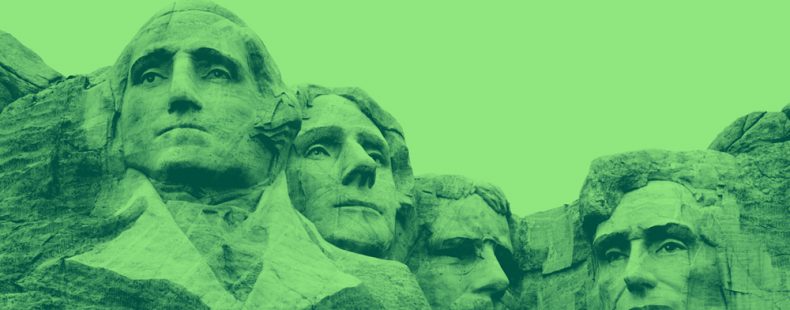out-of-the-way
At the time of George Washington and the other founding fathers, “American” English sounded very similar to “British” English. However, young Americans were inventing new words to accommodate novel situations in the colonies they were experiencing (just like today).
On October 10, 1756, George Washington was actually a pretty young person and he, once again, decided to use a word in a new way. He wrote to Governor Robert Dinwiddie, criticizing the placement of military forts: “one of them, if no more, erected in my opinion in a very out-of-the-way place.” This was then published in a book of George Washington’s letters and writings called … Writings in 1931.
This sense of “secluded” was also novel, not typically seen in the bustling cities of England, but actually probably more applicable in the vast American frontier where anything could seem out-of-the-way … which is why this was the first time anyone had seen this term used in this way.
Out-of-the-way actually originated in 1250–1300 from Middle English meaning “seldom encountered; unusual.”




















